Remembering Ndux Malax: Meet Modios Chauke, the band member
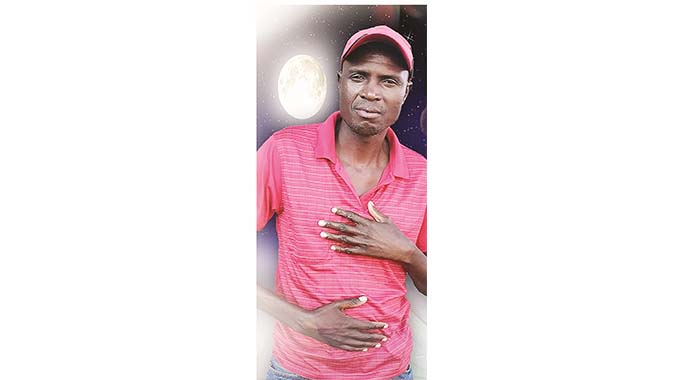
Mkhululi Ncube, Showbiz Reporter
He is one of the many who graduated from Ndux Malax’s famed Junior Policy School and played the lead guitar for the Tahangana Band, but he was to later leave the Rhumba legend in tears after deserting him in the middle of a tour.
Born Modios Chauke in 1971 in Ngamu Village under Chief Mathuphula in Tsholotsho, the artiste who relocated to Matobo District in St Joseph’s Village, some few kilometres from where his mentor lies buried, is one of the old school Rhumba musicians who are still going strong in the genre.
Reflecting on his career which is linked to the late Malax like strings of a guitar, Chauke said: “I started music in 1988 whereby I used to play homemade guitars with local boys. We formed Tsholotsho SuperSounds band, but we never went far. I then left home for Bulawayo in 1990 where I met Ndux Malax.
“After noticing my talent, he put me in his B team in order for me to be further refined. The B team was a training school and I played with it for three months before being promoted to the A team after the lead-man Kenny Kinyasa left the band.”
The Osiphatheleni composer said he played for Ndux Malax from 1990 to 1993 and believes those years were more rewarding for musicians than now.
“I recorded the hot single Ntombi Yobuhle and one of Ndux’s best albums, Isayoni Sisiza Umuntu. We used to rehearse every Tuesday and Thursday at his place in Hyde Park. Under his tutelage, the guitarists who’d first work on the beats before he would compose vocals.
“As I was with the B team, I learnt Ndux’s old songs and in the process, was drilled into his beat,” Chauke said.
He said this arrangement of having a B Team made life easy for Ndux as he could replace any senior who left the band with juniors.
During his stint with the B Team, the Isiphiwo Sami hit-maker said they got to entertain people at cocktail bars that were owned by the Bulawayo City Council as the late had contracts to play at Khwezi and Pata Pata among other bars. Ndux on the other hand, was focused on touring with the senior team (A Team).
Although they were treated as juniors, Chauke said the money they earned was very decent.
“Our pay was $150 per month. That was a lot of money then and one could do great things with it as prices of goods were very cheap. He didn’t pay us all at once, each one had their payday depending on when they would have joined the band,” explained Chauke.
He said Ndux was an ever smiling guy, but a strict disciplinarian who never tolerated nonsense.
“If you made any mistake, he’d make you write a letter stating all that you would have done. If he was not satisfied, he’d make you rewrite the letter. Once content with what you’d have written, he’d fine you.
“To further punish you, it you were playing for the A Team, he’d demote you to the B Team for some time.”
Chauke said Ndux never allowed band members to go after ladies during tours and anyone who did that would be heavily fined, risked being fired or left behind while the band continued with the journey.
He added that Ndux had contracts for band members which made it difficult for the rowdy ones to join other bands without his clearance.
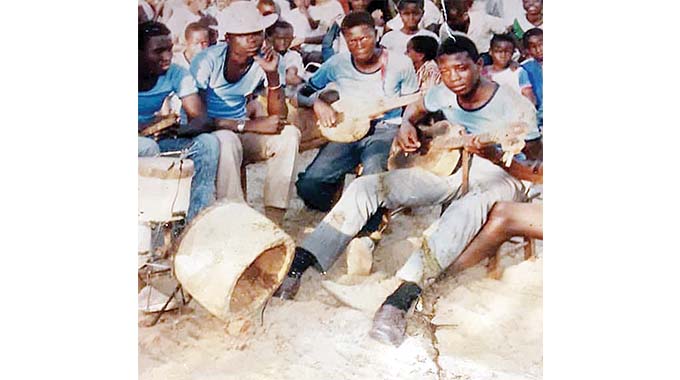
Modios Chauke (second from right) playing home made guitars to entertain people
Turning to the late’s food preference, Chauke said: “He loved traditional food while his sense of fashion was the viscose which was in fashion during the time. He loved into ezicwebezelayo.”
However, Chauke dumped Ndux together with bassist, Francis Tshuma during a tour in Plumtree, a move which left Ndux in tears.
“We were at Manguba in Plumtree and Francis who played the bass guitar met a certain Injiva, Leonard Nkomo. The guy convinced us to come to work with him instead as he had a full kit of instruments. We were convinced and went to say our goodbyes to Ndux.
“Kwaba yikuyengana nje. Umdala wakhala inyembezi. It was a huge blow for him, losing his bassist and lead man at the same time during a tour,” narrated Chauke.
Karma was to deal with the two band members as they were in for a huge surprise when they arrived at Nkomo’s homestead where they were met by children playing with some of the instruments. On further assessment, they realised that most of the instruments were in bad condition.
Chauke said though disappointed, pride could not allow them to return to Ndux as that would have seen them undergoing his tough disciplinary procedures.
“We took the equipment to Bulawayo and had it repaired. We formed Plumtree Kings band as we were based in Plumtree town. We didn’t record, but just played at live shows in many areas. We later left the band and returned to Bulawayo where we managed to get new instruments from a certain guy from Magwegwe who was a soldier. We then brought in more former Ndux band members and formed the Tetronics band.”
He said the Tetronics band was made up of members, Obert Gobiqolo Moyo on vocals, Winders Moyo on rhythm, his younger brother Sam Moyo on drums and Francis Tshuma the bassist and him on the lead.
They later changed the band’s name to Abafundisi and continued touring the country extensively until they crossed the border to Musina in South Africa where they continued with music shows. This was between 1994 and 1996.
“Gobiqolo and I oversaw the band. We gave the group the name Abafundisi because the areas where we did shows, people weren’t aware what a band was so we took it as our responsibility to teach them.
“When we returned home, we got a sponsor who took us to Botswana and we stayed there until 1998 when we traced our footsteps back home. Upon returning home, we recorded our first album as Abafundisi Band that was titled Hule Kwetjiyedza Tjehango.”
Chauke said they then reached an agreement with Gobiqolo for him to form his own band which he named Amathonga Brothers. This was in 2004 although he was still a member of Abafundisi Band.
“As a solo artiste, my first album was Isiphiwo Sami which had the hit track, Ivila alixotsheki emendweni. I also produced Empilweni, Awusanginanzi, Osiphatheleni, Umkhwananzi, Kabathembeki, Abafelwakazi, Umoya Wami, Isikhombekhombe and in 2020, I did Umshado Wevila which was a collaboration with Msasane Band. I’ve done three DVDs as well,” he said.
The artiste is now based in Matobo and does live shows around the country and in South Africa.
Turning to his family and life offstage, Chauke said: “I’m married to Hleziphi Nkomo and we have six children.
Besides music, I’m a farmer and builder so most of the time when I’m not doing music, I’ll be doing one of these things. People hire me to build houses and that’s where I get money to support my family and music career.”
Chauke whose music is played a lot on national radio stations like Radio Zimbabwe and National FM as well as local stations like Khulumani FM said he misses the old days.
“There’s a huge difference between now and the old days. Piracy has affected us. Then, music was rewarding and one could survive on it unlike now. We received royalties from recording companies, but these days, we’re getting nothing.
“For now, we are just doing music so that our names don’t die.”
He said his legions of fans should watch out for new music from him as he is still going strong.

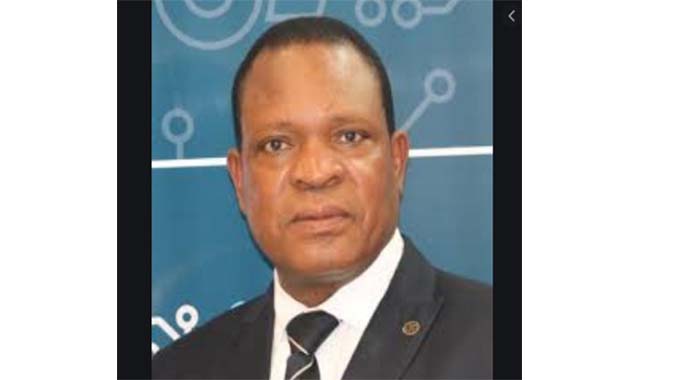
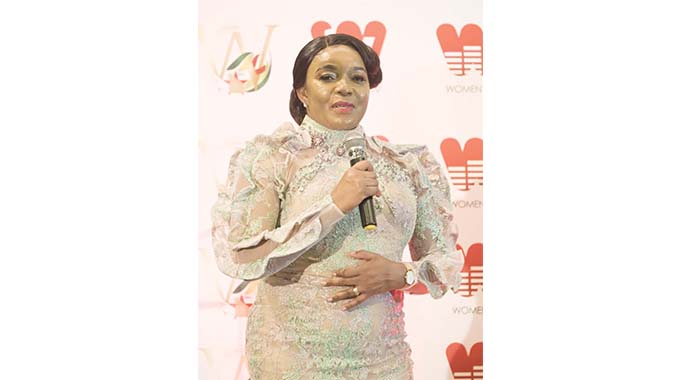


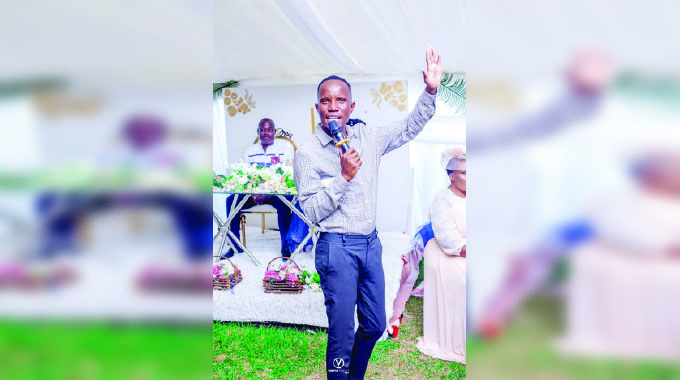


Comments